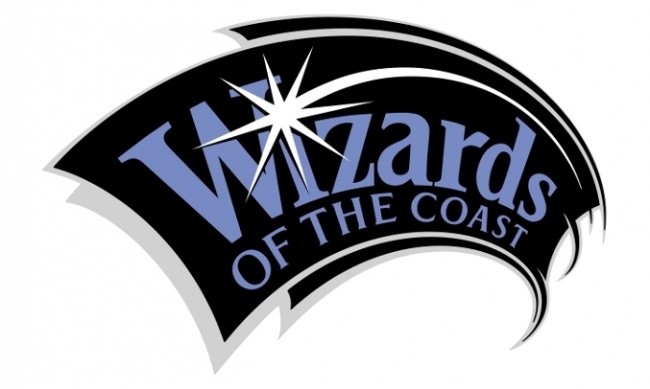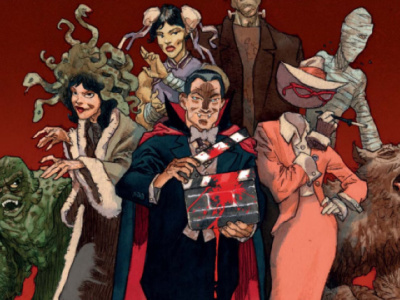In the latest announcement to roil the waters of the tabletop gaming world (well, besides GAMA), Wizards of the Coast announced that on the heels of ending its decades long program of selling direct to stores, the company would start selling direct to online retailers such as Walmart.com, Target.com, and yes, Amazon. According to this article from WOTC, the reasons for setting up a formal distribution channel with the online retailers are fourfold:
- Control the ways in which Magic is presented and sold online.
- Making it easier for customers without a local game store to purchase Magic product
- Growing the game worldwide.
- Marketing to customers where they are already shopping.
In a sense, this decision does make sense, given that WOTC is a subdivision of Hasbro. Hasbro is a multinational corporation focusing on the selling of billions of dollars of toys and games per year, all of which are designed for the customer to play with after purchase. Transformers, until the release of the TCG this week, did not have an organized play program, nor are there G.I. Joe leagues and I have never seen any limited edition promotional tokens produced for weekly Candy Land play (though I am still waiting for the promised Adam Sandler Candy Land movie). Organized play is an unfamiliar concept to the rest of the Hasbro corporation, but selling large quantities of merchandise through mass merchants whether brick and mortar or online, now that is a concept with which the corporation has extensive experience.
Of the four reasons cited above, the only one that makes sense when you look at the list is #1. It is already incredibly easy for customers without a local game store to get Magic. It is already widely available on Amazon and Walmart from third party sellers (nothing available on Target currently, save for Art of Magic The Gathering books).
The third item on the list, growing the game worldwide, also does not make much sense, given that growing the game takes place when people play the game, either online, in stores or with friends. People looking to buy Magic online are already familiar with the game and are looking to purchase new cards and decks. Nobody will suddenly get an urge to want to learn to play Magic, go to Amazon and purchase a Deckbuilder’s Toolkit. They will try the game out as mentioned above, THEN buy more product online.
Similarly, the online experience on Amazon, Target and Walmart does not lend itself to "marketing to customers where they are already shopping." Since WOTC is selling Magic product to the sites, unless WOTC has something written into its contract with them, it is the sites that will be doing the marketing.
That leaves #1 (and the unspoken #5: make more money selling Magic through a formal distribution channel): "Control the ways in which Magic is presented and sold online." By establishing a distribution channel with Amazon, Target and Walmart, WOTC puts itself in a better position to exert control over third party pricing on the sites, similarly to the control that Asmodee exerts over its distribution through Amazon. By selling to Amazon, WOTC can now withhold product from the online retailer in an effort to control pricing by other resellers. Amazon generally seeks to offer the lowest price possible on its goods and is notoriously resistant to outside pressure to raise them. With WOTC now selling directly to them, Amazon and Walmart may prove more willing to police sellers on their sites and to help enforce WOTC's Authorized Internet Retailer Program, assuming it is still in effect. I have not heard anything recently. Will be interesting to see what happens.
Editor's Note: An early draft of this column was mistakenly published, now replaced by the correct version.
The opinions expressed in this column are solely those of the writer, and do not necessarily reflect the views of the editorial staff of ICv2.com.









